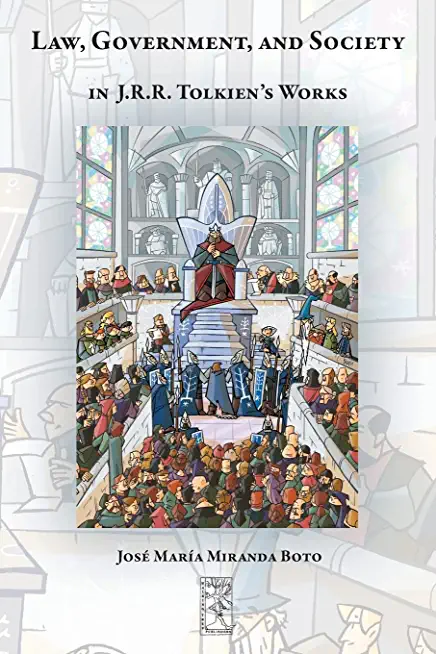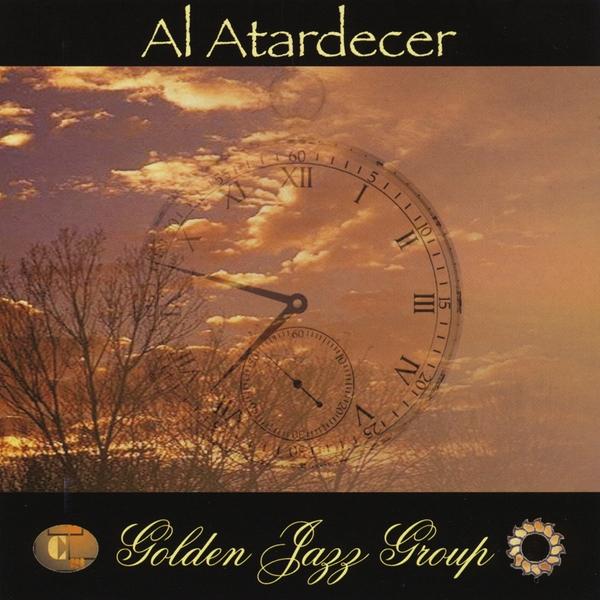
Miranda Boto, José Maria
Law and government are aspects of J.R.R. Tolkien's works that have not received much scholarly attention. However, they are present in many facets of his sub-creation. In describing the various societies that populate it, Tolkien addressed aspects of their legal and governmental systems, such as the succession of kings, inheritance, or the Mayor of Michel Delving. In many cases, he did so to add a further thread to the rich tapestry of his descriptions.
But in other cases, law appears as an important narrative element, functioning as a test of spirit for the characters who encounter it. Thus, the trial of Beregond reveals Aragorn's justice, while Turgon's ordering the execution of Ëol shows his ruthlessness.
Law and philology appear together in several passages of Tolkien's work. It is no coincidence that the most relevant objects of his sub-creation, the One Ring and the Silmarils, are described in archaic legal terms. In parallel, law and the tools of government are used as a humorous element in other fragments.
Law and government are, in short, present in Tolkien's work. They are not a central element, but, without what is studied in this book, Arda would have been much poorer.
member goods
listens & views

GOLDEN AGE OF AMERICAN ROCK ...
by GOLDEN AGE OF AMERICAN ROCK N ROLL: DOO WOP / VAR
COMPACT DISCout of stock
$12.99






